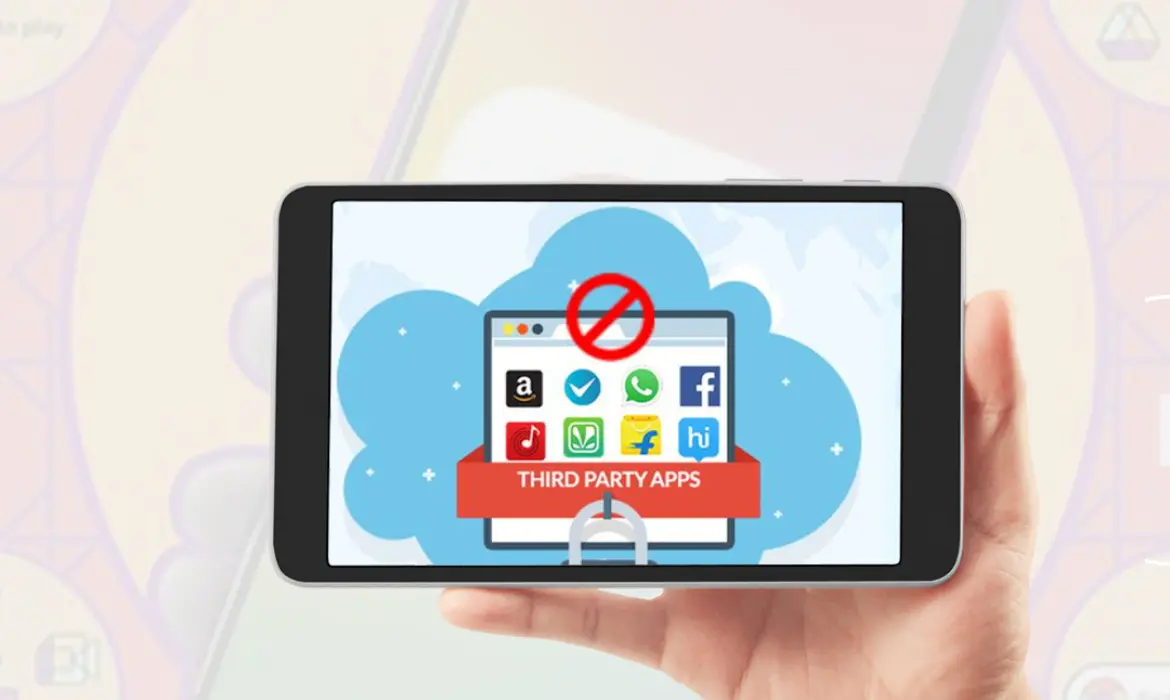

After years of investing in the plan to deprecate its third-party cookies from Google’s Chrome browser, Google has now abandoned its turbulent efforts. The decision comes after multiple delays, setbacks, and pushbacks from industry regulators and stakeholders since 2020. Although the decision comes as a blessing in disguise for advertisers, the decision indicates how dependent businesses are on advertising income. As such, the concern surrounding user privacy, ad targeting and tracking tools still looms.
Google however, has come up with a solution to replace it with a new experience that will allow users to make informed decisions about their web browsing habits. Google has been preparing for the prospect of a cookie-less future, a large number of advertisers have been ill-prepared to accept the substantial adjustment, even after several delays and pushback on its deadlines. However, now this decision seems to have put the idea of a cookie-less future on an indefinite hiatus.
Google had been on the path to jump the bandwagon, since competitors Mozilla Firefox and Apple’s Safari browsers had already banned third-party cookies. But, considering Google’s dominant position in the digital advertising market, this process has not been an easy feat for the tech giant. Adtech Today reach out to a industry experts, to understand their views on Google’s sudden decision to shelve the third-party cookie deprecation. While some did not find the decision to be very shocking, they were quick to accept it and implement ahead with the same.
Yogin Vora, Digital Consultant, readily accepted Google’s decision to not go ahead with its plans of removing the cookies. He said,
“It’s a good move by Google, as large ecosystem of advertisers and other partners are depending on this cookies. They had to change entire ecosystem of digital for advertisers, publishers & regulatory bodies, which was a tedious task. The next change will be given in hands of consumers/users to opt in for their choice of needs & wants across web browsing. Consumer will be king again!
In last 4 years it was good awareness for brand/marketers on Martech and developing their own first party data internally. Post this cancellation it will be BAU for all. “
Vinay Tamboli, CEO – Data & Insights, LS Digital, said,
“It is possible that Google may revisit and reintroduce the idea of removing third-party cookies in the future. The digital advertising landscape is constantly evolving, and regulatory pressures, technological advancements, and changing user expectations will continue to shape Google’s strategies. LS Digital is committed to remaining flexible and proactive, ensuring our clients are well-prepared for any future changes by continuously monitoring industry trends and developments.”
Kapil Sharma, Lead of Restaurant Audit, Americana Restaurants explained the decision stating,
“There are few reason why Google announced today that they would not depreciate 3P cookies in Chrome:
1) Advt industry has been lobbying against getting rid of 3P cookies as it would severely dent their business model (see Apple and FB)
2) It’s really complex to develop an alternate system which respects user privacy and works best for business
However it would be interesting to see how Google plays a balancing act on this as while it’s important to respect user privacy but in the same breath not to make the web an “unviable platform for business”.
Tejas Chaudhari, Lead, Performance Marketing – Digital Commerce, Unilever echoed advertiser sentiments.
“For the past few years, a lot has been written on this and the continued delay in deprecation echoed the sentiments of advertisers. There is a general lack of clarity of how cookieless advertising will be tackled. While a lot of solutions were tabled, advertisers were not confident on their efficacy in practical scenarios. That said, a need to move to digital privacy cannot be overlooked. All it needs a better and acceptable solution for marketers.”
Cyrus Shroff, Vice President & Industry Head – BFSI, Performics India added,
“Google announced that it will not be deprecating third-party cookies as previously planned, giving marketers a temporary boost. However, the writing is on the wall: a privacy-first future is inevitable. Now is the time for brands to double down on building robust first-party data strategies and explore innovative privacy-preserving ad solutions. Those who adapt proactively will emerge as leaders in the privacy-focused digital marketing landscape, driving innovation and setting new standards for the industry.”
Resonating with the thought that it was not shocking, Chris Higgins, said,
“While the announcement is being called ‘shocking’, it’s not that much of a surprise. Google has already delayed the phase out 3 times since 2020. Despite the time that has gone by, there is no finalised replacement, and Google is facing anti-trust concens in the UK over the move. At this stage, it makes sense to stop postponing the dates and drop it for now. Google can always circle back in the future to try again, without the pressure of sliding deadlines.”
Read More: Union Budget 2024 | Impact on Digital Advertising and What to Expect?